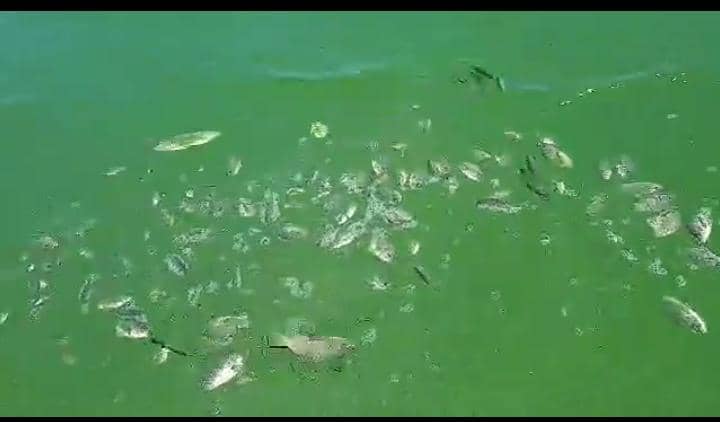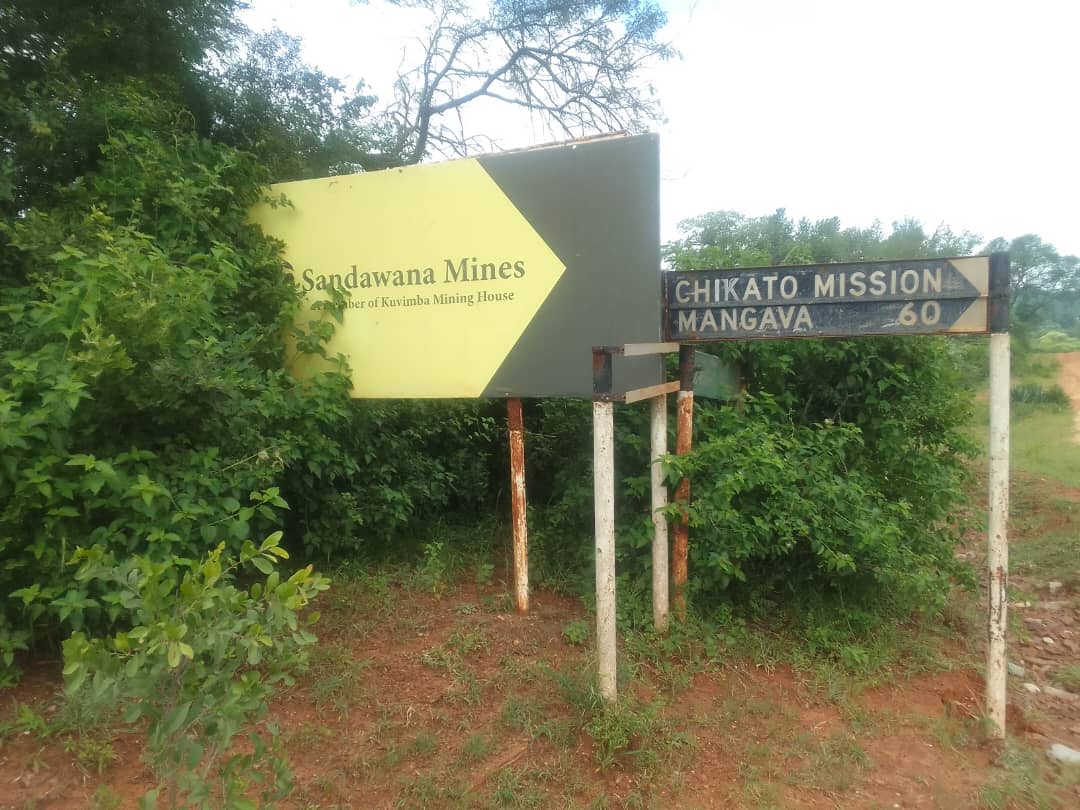EnviroPress Reporter
Despite a public outcry after revelations of extreme pollution in Lake Chivero, government has largely turned a blind eye after deliberations of the last cabinet sitting made no mention of the calamity.
The pollution, which stems from raw sewage that is deposited into the lake through such tributaries as Mukuvisi and Manyame rivers, has resulted in an ecological crisis.
Videos surfaced on social media showing dead fish coated in what appeared like thick algae in visibly contaminated water.
Lake Chivero is one of the seven listed Ramsar sites in Zimbabwe, bust massive pollution has almost fully-destroyed its immaculacy.
The Zimbabwe Parks and Wildlife Authority (ZIMPARKS) released a statement on 13 December announcing the death of four rhinos, three zebras, four wildebeest, four fish eagles, as well as goats and cattle from nearby farms due to contamination from cyanobacteria in Lake Chivero.
It was later reported that all fishing activities in the lake had been suspended until safety investigations had been carried out.

To the dismay of environmentalists and ordinary citizens, there was no official word on the matter from the government after the last cabinet sitting of the year on December 17.
During a post-cabinet briefing on December 17, the Minister of Information, Publicity and Broadcasting Services Jenfan Muswere gave hints of issues that had been discussed in cabinet, and these included the proposed renaming of Mbudzi Traffic Inter-Change after one of President Emmerson Mnangagwa’s war time nickname.
“This is a national disaster. Lake Chivero supplies water to Harare and surrounding areas. For decades the responsible authorities have been warned against disposing of raw sewage into water bodies, and these are now the implications. We need to take action immediately and return to normalcy because this is a national disaster,” said Lake Users Association Vice Chairperson Garry Stafford.
Stafford, who is also the Director of Kuimbashiri Bird Park, and Committee Member of Chivero-Manyama RAMSAR Action Group, said they were ready to support reclamation efforts.
“As stakeholder organisations, we are more than keen to get involved and correct the situation. It is possible, other countries have done it but as Zimbabweans, we tend to take these issues trivially,” Stafford said.
Combined Harare Residents Association (CHRA) Director Rueben Akili said people had lost trust in responsible authorities for their lack of urgency in the matter.
“Cabinet should have moved swiftly to address this issue because it is a public health crisis which requires urgency,” said Akili, calling for a wholesome societal approach combining the national government and local authorities.








